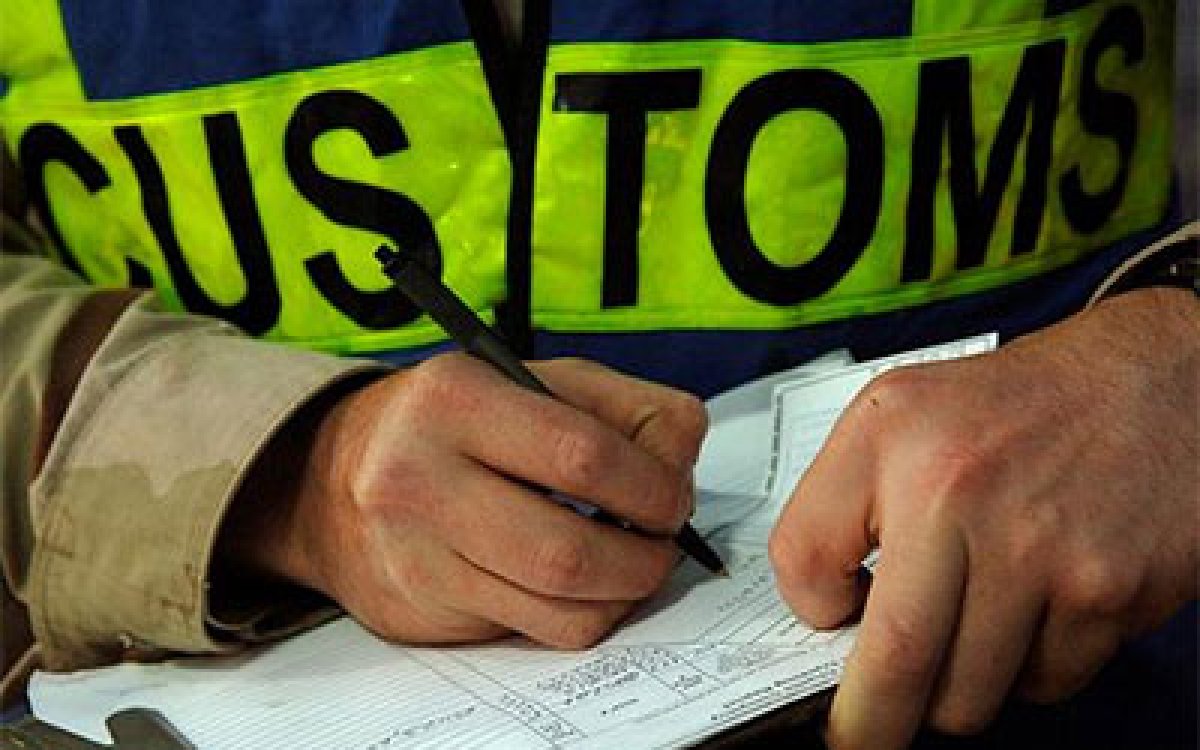From what amount is customs paid
Only those operations with merchandise that come from third countries will have an import character. This means that those that take place within European borders will be considered an intra-community acquisition. In the event that they have been manufactured abroad, the responsibility for paying customs expenses corresponds to the person or entity that introduces them for the first time in the European Economic Area.
What are the customs costs?
Regardless of whether you operate as a private consumer or as a commercial entity, you will have to face the payment of three different charges:
- Tariffs and Special Taxes of the U.E.
- VAT on import.
- Fees and other expenses of the customs agent, which are also taxed separately with 21% VAT.
- Keep in mind that import duties and VAT are applied consecutively on the value of imported goods.
Tariff characteristics
Commercial tariffs -or customs duties- are taxes or fees that are applied “Ad-Valorem”; that is, as a percentage of the value of the merchandise in customs, which corresponds to the CIF import value. This is an INCOTERM code, according to which insurance and freight costs must be included.
Minimum threshold: The minimum threshold from which the tariff is charged is € 150, or what is the same, if the customs value is less than that figure, the import is exempt from tariff rates.
Tariff types
Tariffs are generally relatively low, averaging around 4.2%. However, the average tariff on some products, such as textiles and processed foods, stands at 17.3%.
On the other hand, certain products may be subject to additional tariffs, such as:
Those corresponding to anti-dumping measures, which, depending on the countries and products, can reach 48.5%.
Other special taxes, such as are charged on tobacco and alcohol.
What is the fee you have to pay?
If you want to know what specific rate is applied to the products you are going to import, you need to consult the TARIC of the U.E. (Tarif Intégre de la Communauté) and enter the corresponding nomenclature.
Finally, you must also bear in mind that the European Union has signed both Free Trade Agreements (A.L.C.), and Preferential Agreements with other countries; which can mean a total absence of tariffs or, at least, a considerable reduction in them.
- Import VAT characteristics: Import VAT is a tax that must be paid by the importer in extra-community acquisitions. Mostly 21% is applied, although there are also reduced rates (10%) and super-reduced (4%).
- Minimum threshold: With the new VAT regulations that came into force on July 1, the VAT exemption on low-value imports, which was set at 22 euros, disappears.
In the case of imports with a value of less than 150 euros, a simplified declaration procedure is established, which may be accepted by postal operators, courier companies, carriers or, in general, whoever presents the goods for clearance to Customs.
The greatest simplification consists in the introduction of the possibility of applying a new import single window system, so that the seller who carries out this type of distance sales and declares the import, can also declare the sale to the customer, that will always be taxed in the country in which it is domiciled.
How is it calculated?
This tax is calculated on the customs value of the goods, plus any customs duties paid and any other customs agent fees or expenses. In this sense, it is consigned in the invoice of the customs agent in two separate concepts.
On the one hand, VAT is charged on the value of the goods, to which customs duties will have been previously added.
Furthermore, VAT is charged on customs broker fees and other expenses.
Do not hestiate to contact with us for for more information.
